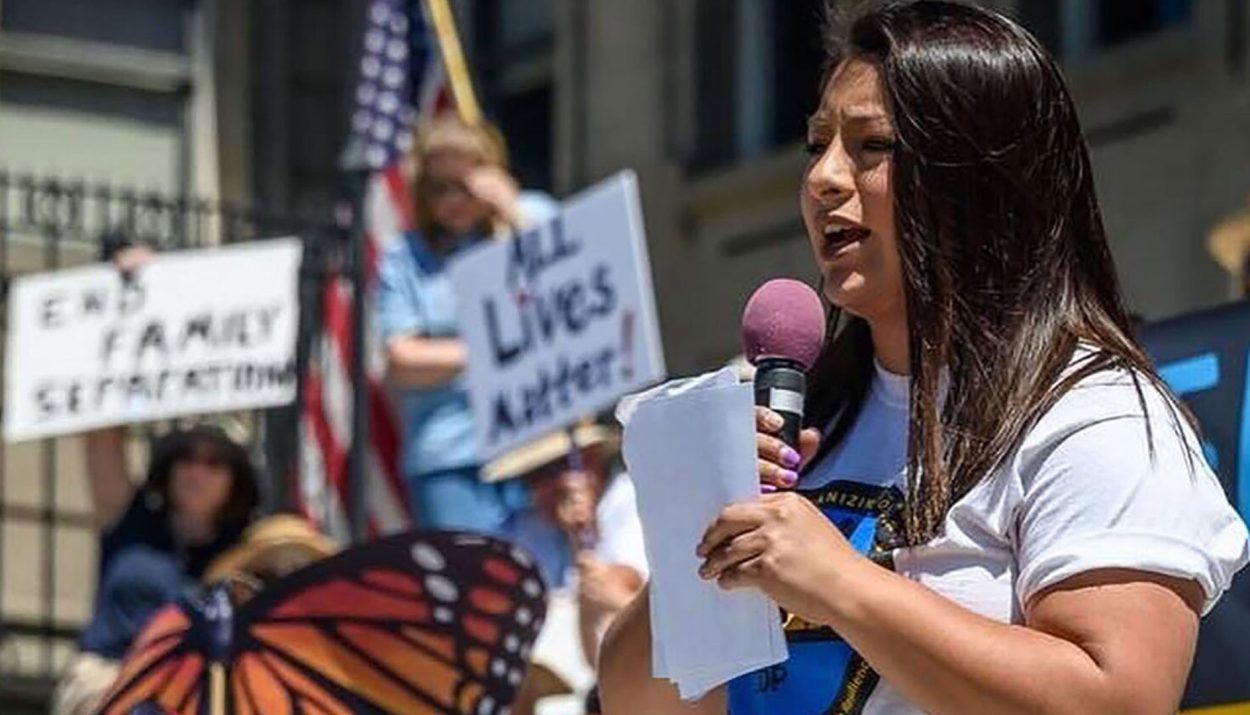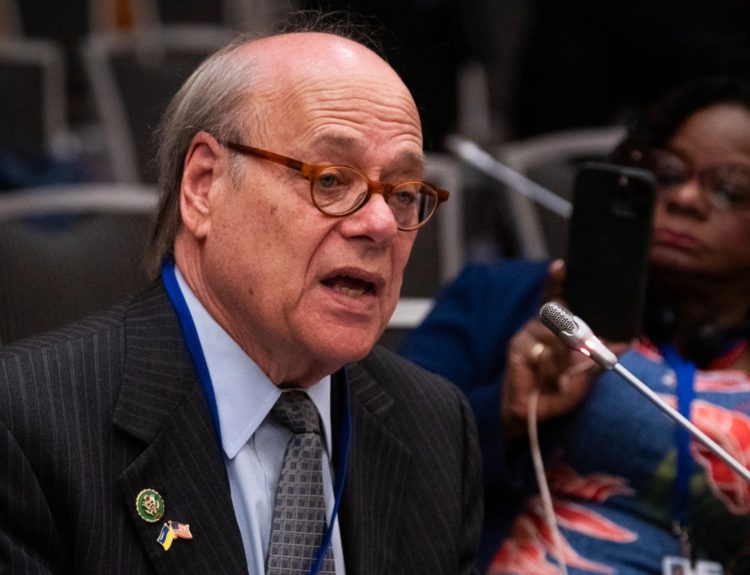Immigrant communities nationwide are confronted with uncertainty and fear as several states enact laws inspired by Texas’ controversial SB 4.
This legislation, aimed at tightening immigration enforcement, has sparked nationwide concerns and debates.
Uncertainty Looms as Immigrants in Iowa Ask Difficult Questions
Iowa’s passage of SF 2340 grants local law enforcement authority to arrest certain undocumented immigrants and gives power to state judges to order deportations, raising uncertainty among immigrants in Iowa.
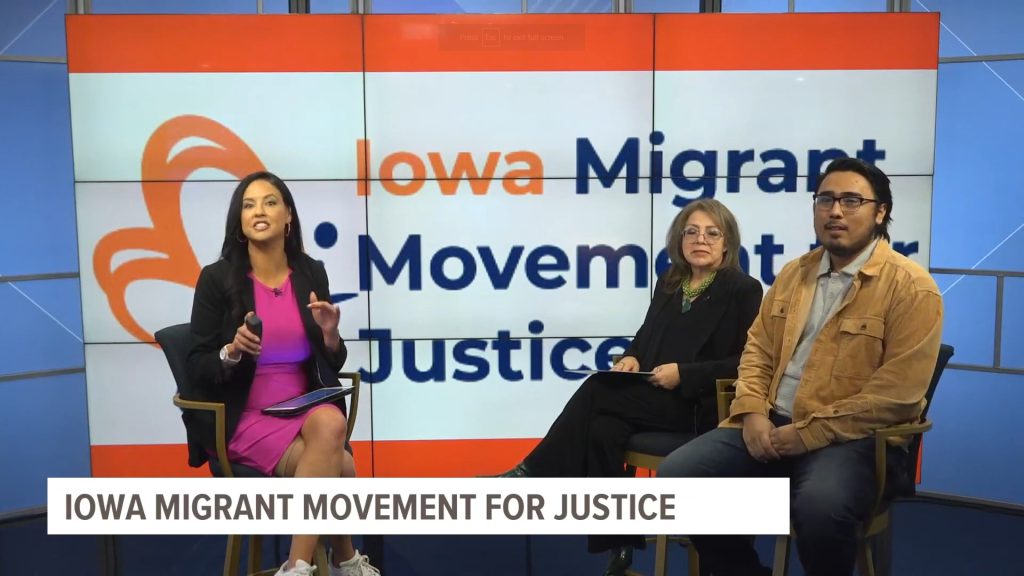
Community organizer with the Iowa Migrant Movement for Justice Maria Acosta says, “I feel powerless. I feel frustrated.” When asked by immigrants, “ Señora, do I need to move?”
Iowa Implements Law Allowing Local Police to Detain Undocumented Immigrants
The state’s governor signed the document on Wednesday, and the law takes effect on July 1st.
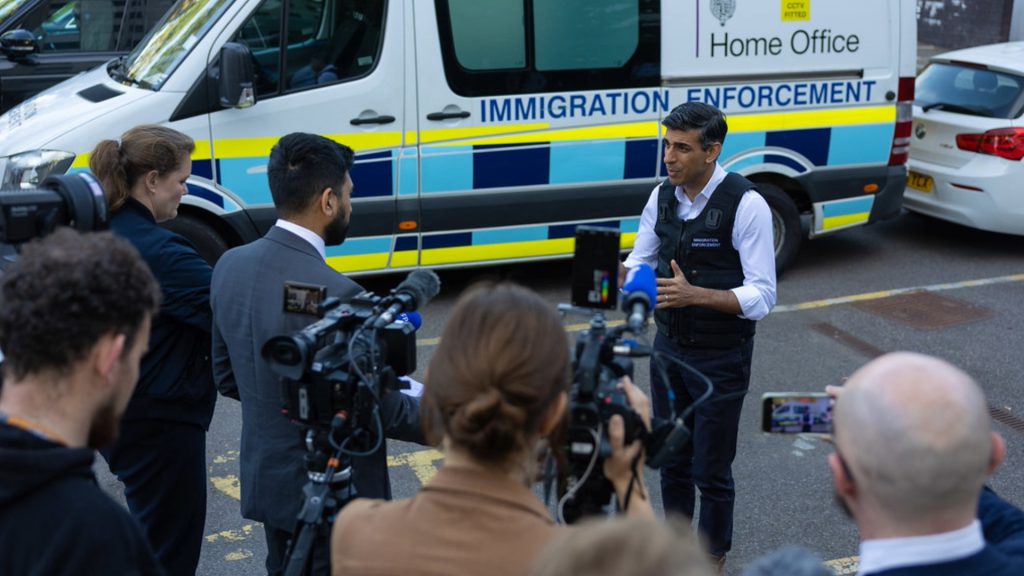
This uncertainty alarms advocates like Maria Acosta, who expressed frustration and concern about the potential consequences for immigrant communities.
Immigrants Caught in Limbo Amidst Uncertain State Legislation
This year, as the National Conference of State Legislatures reported, Iowa is one of at least nine states considering restrictions resembling parts of the Texas Immigration law, SB 4. While this is happening, proposals are pending in some states, and others have seen these measures fail to pass.

Acosta shared her concern: “It affects me when I see the fear on their faces. They don’t know what to do, even though they’ve lived here for 10 or 15 years, and this is their home.
Concerns Mount Over Racial Profiling and Trust in Law Enforcement
The enforcement and funding of the Iowa measure, SF 2340, still need to be clarified. Legal challenges similar to those faced by the Texas law that inspired it are expected, potentially leading to delays or court injunctions against its implementation.

However, concerns persist among advocates regarding potential racial profiling and the erosion of trust between law enforcement and communities. “How would you deport someone? And who? … No one knows how this law could be or would be applied,” asked Erica Johnson, the executive director of Iowa Migrant Movement for Justice.
Graduating Student Faces Dilemma Over Future Amid Immigration Law Uncertainty
Enya Cid, a recent graduate, grapples with the decision to leave Iowa due to uncertainties surrounding SF 2340.

The 21-year-old is set to graduate with a degree in political science from Grand View University in Des Moines next month. She was considering her options for graduate school when Iowa lawmakers passed the immigration bill. Cid said, “I no longer want to live in a state where I feel like I’m not valued,.”
Enya Cid Applies for U Visa for Legal Residency and Protection from Deportation
Enya Cid, who arrived in the US from Mexico as a toddler and has called Iowa home for the last 18 years, applied for a U visa, which offers legal residency and protection from deportation to victims of crimes.
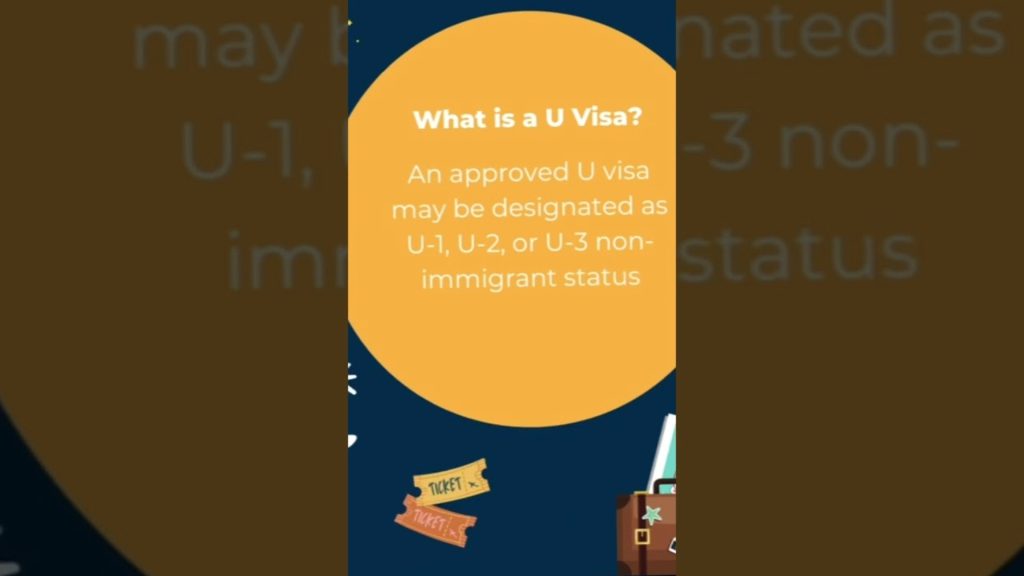
While her application is pending, she has received a work permit. However, she worries this won’t protect her or others in similar situations from being targeted under the new legislation.
Despite Challenges, Many Immigrants Remain Tied to Their Iowa Roots
Enya Cid notes that as much as she plans her departure, many of her family members will stay behind.

She recognized that not everyone can leave and said, “It might seem straightforward for me to consider moving, but many people here have invested in this state for more than two decades.” She emphasizes, “They’ve established businesses, bought homes, and their children have grown up here.”
Cid Eyes Out-of-State Options Amidst Legislative Turmoil
Cid observes that numerous immigration proposals in Iowa have recently stalled in the legislature, intensifying the uncertainty and concern in her community.”I may not be eligible to vote,” she states, “but I can vote with my feet.”
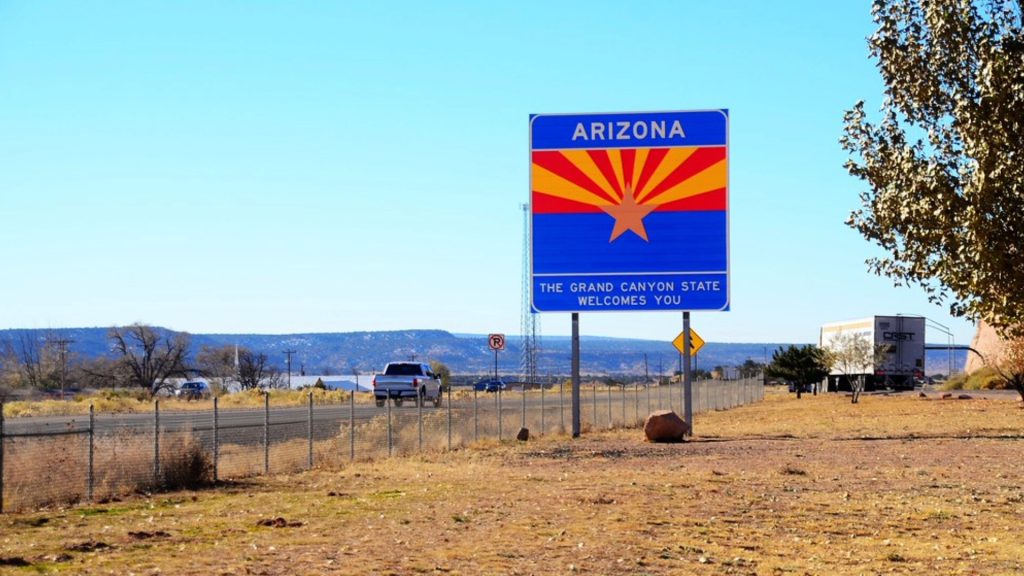
Although she was accepted into a graduate program at the University of Iowa, she is now exploring options outside the state. She is looking into Arizona and New Mexico programs, where she hopes to pursue urban planning.
Political Debate Intensifies Over States’ Role in Immigration Enforcement
Lawmakers in multiple states have recently considered legislation resembling the Texas immigration law. These states, mostly with Republican-dominated legislatures, are located far from the US-Mexico border.
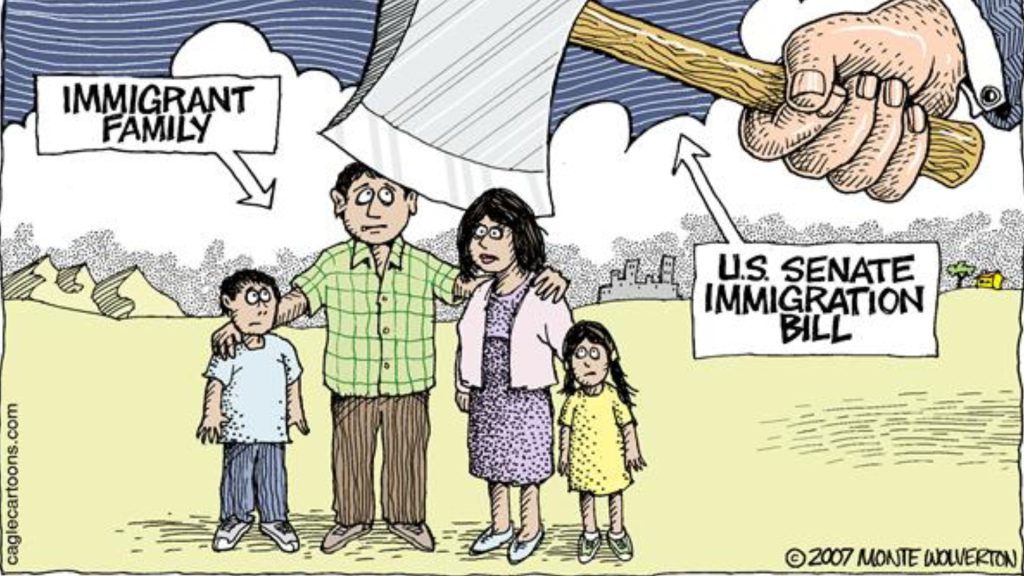
Source: Caglecartoons
The enactment of Iowa’s SF 2340 reignites the debate over states’ authority in immigration enforcement, with politicians and activists clashing over the balance between state autonomy and federal oversight.
Iowa Governor Reynolds Echoes Support for Texas Counterpart’s Immigration Actions
Iowa Governor Kim Reynolds, echoing support for her Texas counterpart’s actions, argues that states are stepping up to secure the border due to the federal government’s perceived inaction.

Reynolds stated,” Those who come into our country illegally have broken the law, yet (President Joe) Biden refuses to deport them. This bill gives Iowa law enforcement the power to do what he is unwilling to do: enforce immigration laws already on the books.”.
Iowa Immigration Legislation Sparks Debate Amidst 2024 Election Campaign
The Iowa law states that immigrants who return to the state after being denied entry or deported will face severe penalties. This development occurs amidst heightened immigration discourse leading to the 2024 presidential election.

Republicans have criticized the Biden administration’s border security approach, while Democrats accuse the presumptive Republican nominee, Donald Trump, and his supporters of exploiting the crisis for political gain.
Surging Migrant Numbers Prompt State Immigration Crackdown
With migrant numbers surging, tensions escalate at the US-Mexico border and nationwide, prompting Republican-led states to assert greater control over immigration enforcement.
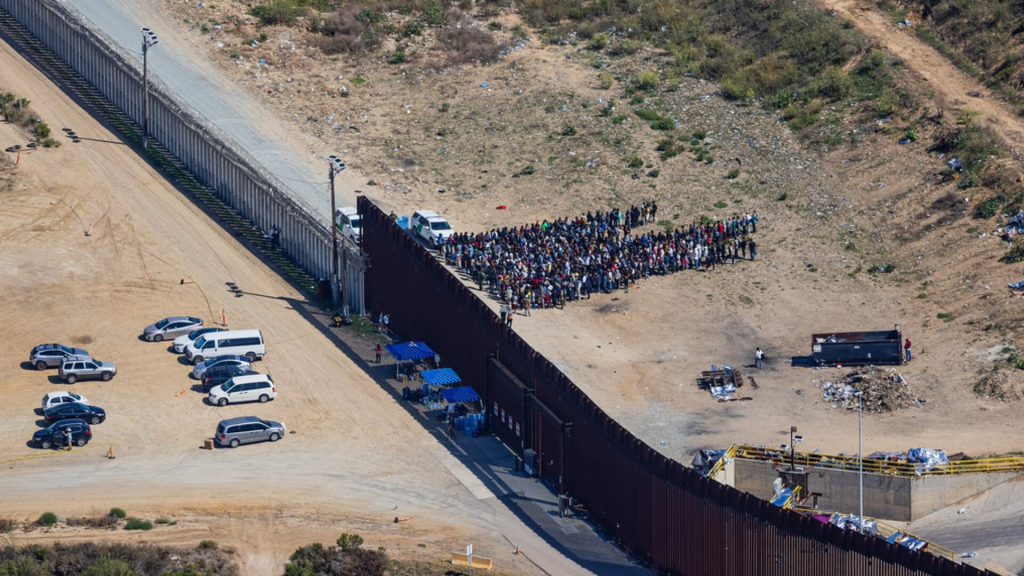
Sponsors of the Iowa bill and similar measures argue that such steps are necessary due to what they perceive as an “invasion” at the border. Conversely, critics deem the Iowa bill and other proposed state measures discriminatory and unconstitutional, arguing that immigration enforcement falls under federal jurisdiction.
Legal Challenges to State Immigration Laws Could Shape Future Policies
Legal challenges to state immigration laws draw attention to the Supreme Court, with implications for the future of immigration policies and the division of powers between federal and state governments.

While advocates like Estefan Mondragon, co-executive director of PODER, state, “ It’s a hard balance to inform the community, but not freak them out at the same time.” Mondragon reassures them despite racial profiling, stating,”It would be horrible for many immigrant folks, as well as non-immigrants, because it would target us as well. I have citizenship and I could get pulled over and asked for my papers,”.
Advocates Prepare for Battle in Iowa’s Immigration Debate
Immigrant communities find hope and strength in collective action .”All we can do is know our rights, make a safety plan, and prepare ourselves for battle,” Acosta stated. “Because we are going to fight this.”
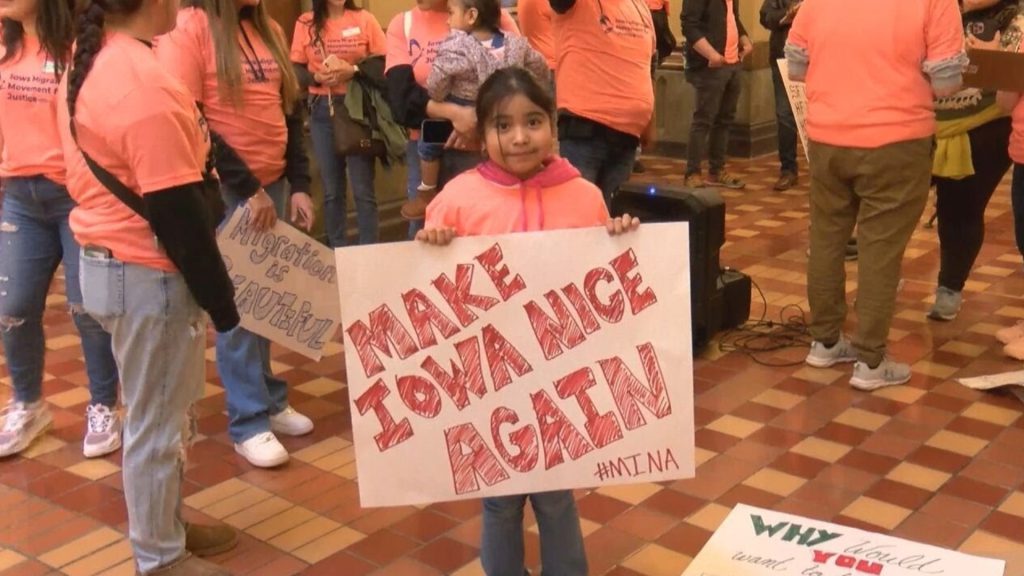
Despite the uncertainty, their determination to fight for immigrant rights remains unwavering. Their actions in these challenging times are a demonstration of their knowledge of their rights and preparation for battle.

